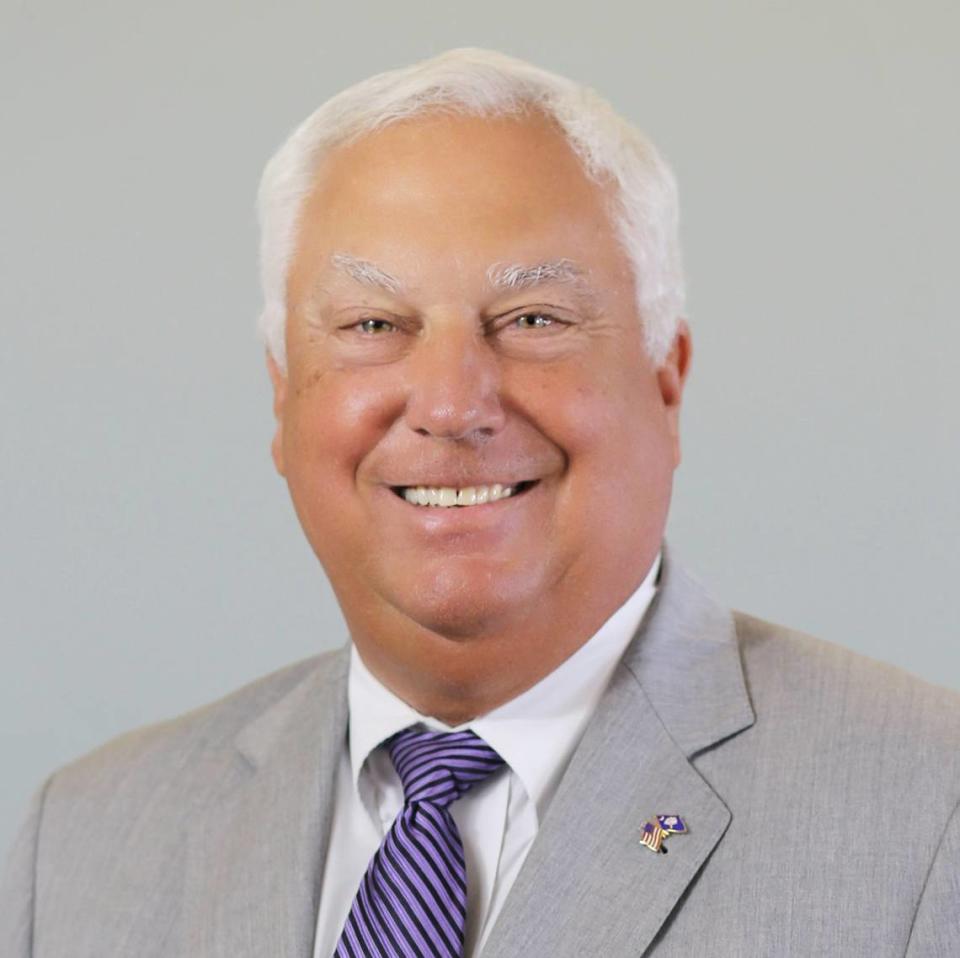Former SC Chamber CEO: State’s new energy bill isn’t a repeat of V.C. Summer fiasco | Opinion
Over a career that spanned more than 40 years, I learned a thing or two about what it takes to bring and keep job makers in South Carolina.
As CEO of the South Carolina Chamber of Commerce, when I sat across the table from companies looking to relocate or expand in our state they had two questions: Can you get me workers? Can you get me power? And not always in that order.

The worker question is one I spent a career addressing, and I’m proud to say we’ve had tremendous success in building a workforce for the future.
The power question was one I never had to spend time on because our electric and natural gas utilities and cooperatives were always standing ready to serve whatever need we had. But times are changing. Needs are greater now. South Carolina has the fastest growing population in the U.S. and the infrastructure that supports our economy must be expanded and modernized to support growth.
That’s what forward-thinking elected officials, such as House Speaker Murrell Smith, are trying to address with House Bill 5118, the South Carolina 10-year Energy Transformation Act. A hearing is set for March 20.
This bill encourages smart reforms to the regulatory process, to ensure critical infrastructure projects like new solar, gas and nuclear plants can go through necessary and thorough reviews in a timely and efficient manner. The bill sends a signal to our power-generating utilities that these are the types of projects they should be pursuing that fit into an “all of the above” strategy for meeting the energy needs of our state.
And, this bill was built on collaboration, coordination and communication involving a wide range of utility experts and consumer advocates.
What this bill is not is another Base Load Review Act, the ill-fated 2007 bill. It is not a “blank check” for utilities to build whatever they want whenever they want at whatever unchecked cost they want to pursue.
It does not eliminate any environmental or customer protections. If anything, it streamlines and strengthens these processes by getting unnecessary bureaucracy out of the way and ensuring timelines provide for efficient input from all voices.
It does not “fleece” utility customers and it does not destroy the Public Service Commission.
What it does is ensure the regulatory processes that approve infrastructure projects are fair to both the customers who would benefit from it and the utility tasked with building it. It certainly does not encourage the criminal enterprise and fraud that occurred during the construction of nuclear plants at the V.C. Summer site in Fairfield County. The people responsible for that have been fined or jailed or both.
From what I’ve read in the papers lately, most of the people who are against House Bill 5118 say they understand our state needs more power to support growth. But their actual words don’t seem to support that.
Their words are focused on mistakes of the past that have provided blunt lessons learned to our state’s current leaders and are top of mind as they navigate our state’s energy future. To me their words say they’ve never sat across the table trying to recruit or retain a multibillion-dollar job maker for this state. I have, and I promise you this: If passed, this bill will ensure when those conversations happen next week, next year and a decade down the road, they are successful for South Carolina’s future prosperity.
Otis Rawl was vice president of the S.C. Chamber of Commerce from 2001-2008 and president and CEO from 2008-2016.

